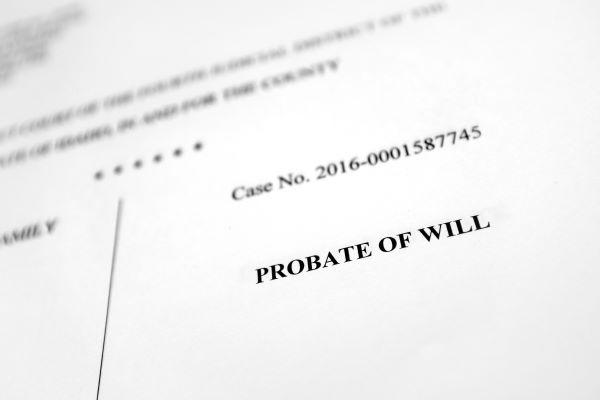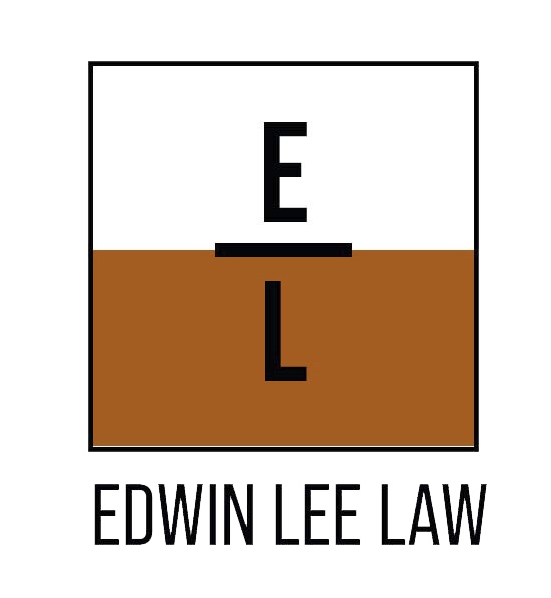Takeaways
Holidays can be amazing, and tough, a time to recognize the impact of stress on our lives and embrace strategies to mange it effectively.
Financial worries are a major contributor to stress. Proactive estate planning, such as creating a will, is...

Probate: What you Need to Know
A good estate planning attorney will assist you in creating a plan that minimizes or avoid probate. Probate proceedings are part of the public record and can be very time-consuming and expensive. However, in nearly every case, some probate is necessary, so it is important to understand how to navigate the process.
Probate proceedings seek to validate the decedent’s last will and retitle the estate’s assets into the name of heirs according to the deceased’s wishes. These court-supervised proceedings ensure estate debts are paid and oversee the distribution of assets to heirs.
After losing a loved one, the family will generally come together and hopefully encounter a properly written will and other crucial estate planning documents. Without a well-organized plan, the probate process can take much longer. Family members will be tasked with gathering information necessary for court.
Probate Court Proceedings
The petitioner, usually the estate executor or personal representative, will begin the process by filing a death certificate and a last will to the probate court. It is also useful to produce a list of know creditors and names and contact data of the decedent’s heirs. Smaller estate probate processes and those estates not contested by heirs can usually work through probate fairly quickly and efficiently.
Laws regarding probate are state-specific, and most states set valuation thresholds. If, for instance, an estate value is less than $75,000 and no one contests the will, less formal probate hearings may move more quickly. Since the advent of COVID-19, these court proceedings may even transact over video calls.
For larger value estates, there is a substantial amount of necessary paperwork to validate the will, determine asset distribution, settle disputes, pay off remaining debts, and ultimately close the estate by paying the decedent’s final taxes. A checklist of documents to gather may include:
- Death certificates
- Final will
- Revocable trust documents
- Heir and beneficiary contact data
- Beneficiary designations
- Pre or post-nuptial agreements
- Previous three years of federal and state income and gift tax returns
- Life insurance policies
- Real estate deeds
- Vehicle titles
- Statements of financial accounts
- Contracts and business agreement documents
- Appraisals for high-value art, collectibles, or jewelry
- Other known assets
- Known debts
- Ongoing bills
- Medical and funeral expenses
Probate Proceedings Without a Will
The decedent’s residence states intestacy laws will apply if your loved one dies without a last will (intestate succession). All personal property without a beneficiary designation will be subject to the probate process at the court’s direction.
But some assets will avoid the probate process under state property title, state contract, or state trust law. These assets may include:
- Beneficiary designate life insurance policies
- Beneficiary designate retirement funds
- Beneficiary designate annuities
- Pay-on-death or transfer-on-death accounts
- Joint tenancy property with rights of survivorship
- Tenancy by the entirety
- All trust property
Cost of Probate
Complex probate processes can be costly and take years to finalize, which is why many individuals retain an estate planning attorney to minimize probate proceedings. Lengthy proceedings can be frustrating for heirs who are rightful beneficiaries but must comply with the probate process. The average cost of probate varies by state; however, five to ten percent of an estate’s value in administrative costs and legal fees is typical. Some estates may lose as much as twenty percent of their value.
Other fees may include executor compensation, court fees for filings and paperwork, and a probate bond. After the probate proceedings are complete, a probate bond may be refunded. The most common reason for high probate costs occurs when beneficiaries contest the will, as ongoing litigation can be expensive. Issues relating to preparing and filing the decedent’s last federal estate tax return and any ensuing audit may also increase the cost of the probate process.
Most individuals will create an estate plan with their lawyer that allows assets to pass outside the probate process, typically through creating a revocable living trust. Depending on your situation, your estate planning attorney may recommend other types of trusts as well as ensure that named beneficiaries on accounts that pass outside of probate are up to date. Regularly reviewing your estate plan with your attorney can help minimize probate court interactions and streamline your heir’s inheritance process. Please contact our Houston office today at (713) 582-5088 or schedule a consultation to discuss your legal matters.

